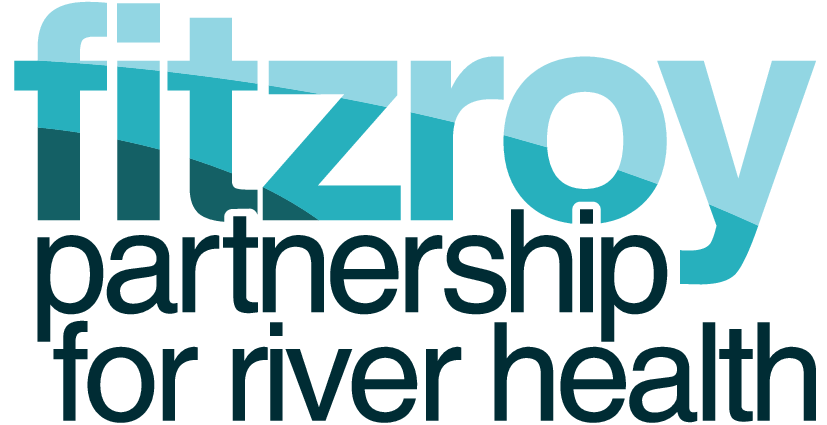Coral: the health of coral reefs is affected by multiple environmental pressures. These may include poor water quality, high sediment loads, cyclones, elevated seawater temperatures (more likely due to climate change), ocean acidification due to rising atmospheric carbon dioxide concentrations, predation by crown-of-thorns starfish, and physical damage from other causes. The Great Barrier Reef Marine Park Authority has assessed climate change as the single greatest threat to the Great Barrier Reef, while historically, crown of thorns starfish outbreaks and cyclones have caused substantial damage. Year to year variations in coral health indices are usually caused by marine heatwaves, crown of thorns starfish outbreaks, or cyclone damage, though flood events can also be a significant factor for nearshore reefs.
Seagrass: factors that can affect the health of seagrass colonies include water temperature, the amount of light reaching the seagrass (which is affected by water quality and depth), sedimentation, and the abundance of macroalgae and other algae.
Water Quality: The management of water quality remains a priority for the Great Barrier Reef Marine Park Authority (GBRMPA) because good water quality supports the health and resilience of coastal and inshore ecosystems of the Reef (Great Barrier Reef Marine Park Authority, 2019). Water quality in nearshore marine waters is affected by river water quality, including sediment and nutrient loads from catchments.


